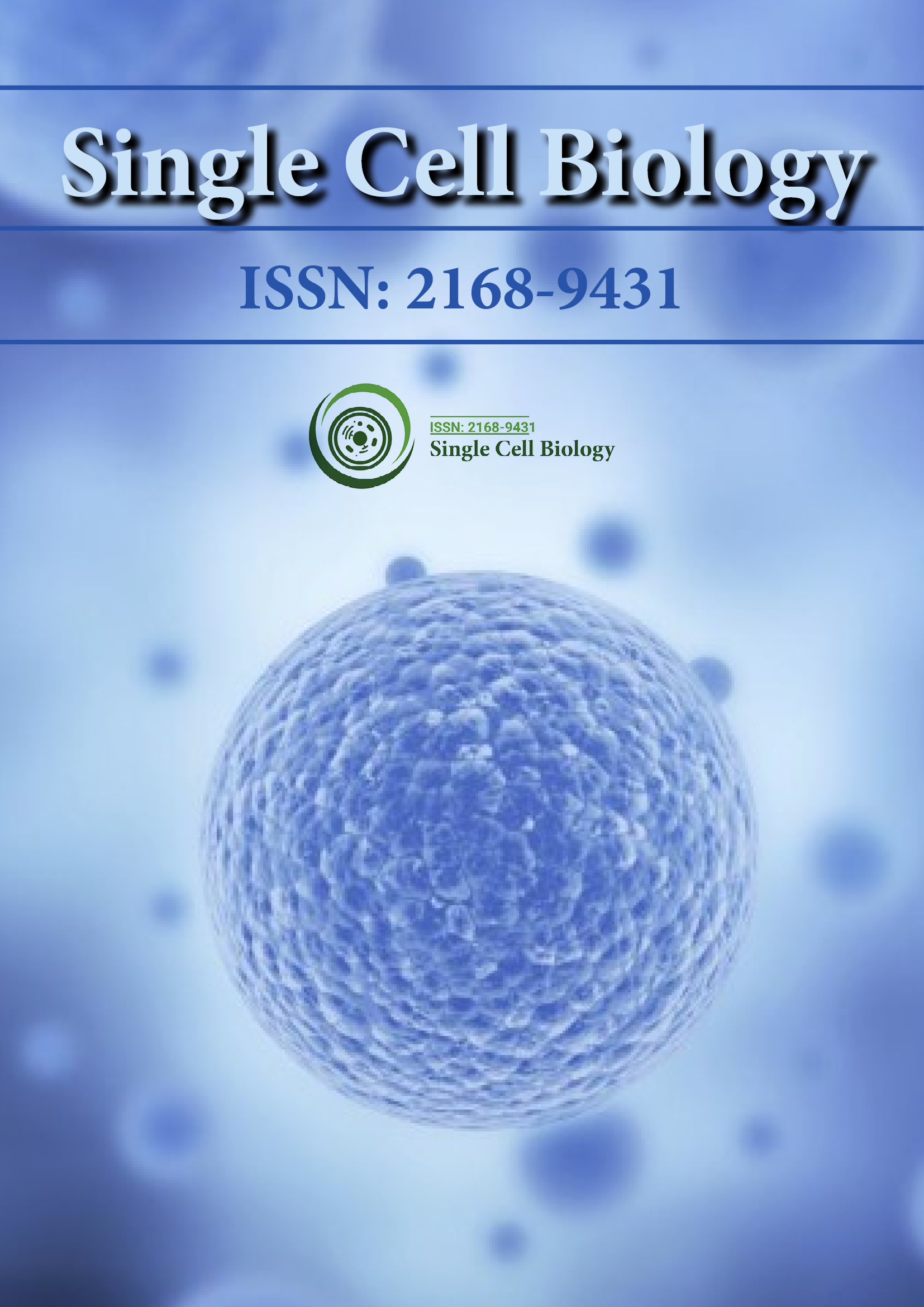Indexed In
- ResearchBible
- CiteFactor
- RefSeek
- Hamdard University
- EBSCO A-Z
- Publons
- Geneva Foundation for Medical Education and Research
- Euro Pub
- Google Scholar
Useful Links
Share This Page
Journal Flyer

Open Access Journals
- Agri and Aquaculture
- Biochemistry
- Bioinformatics & Systems Biology
- Business & Management
- Chemistry
- Clinical Sciences
- Engineering
- Food & Nutrition
- General Science
- Genetics & Molecular Biology
- Immunology & Microbiology
- Medical Sciences
- Neuroscience & Psychology
- Nursing & Health Care
- Pharmaceutical Sciences
Charles Wang
Charles Wang
Beckman Research Institute, City of Hope Comprehensive Cancer Center
USA
Biography
Charles Wang, M.D., Ph.D., M.P.H., earned his medical degree (U.S. ECFMG certified) from Tongji Medical University in 1983 and his Ph.D. in toxicology from University of Washington in 1999. He completed his postdoctoral training at the Food and Drug Administration’s (FDA) National Center for Toxicological Research. As the scientific director of the Functional Genomics Core, Wang oversees the microarray, genetic marker and RNAi core services at Beckman Research Institute of City of Hope. Wang is also an associate research professor in the Department of Molecular and Cellular Biology at City of Hope, and was an associate professor of medicine at the David Geffen School of Medicine at University of California, Los Angeles, as well as director of the Clinical Transcriptional Genomics Core at Cedars-Sinai Medical Center, before joining City of Hope. In the past, Wang has worked at the U.S. Department of Energy’s Argonne National Lab, FDA’s National Center for Toxicological Research (project director of Biochip), and U.S. Air Force Research Lab (director of Genomics and Proteomics Lab/Project). Wang is the recipient of several awards, including the AACR-Bristol-Myers Squibb Young Investigator Award from the American Association for Cancer Research and the first place graduate award for Research Excellence from the Society of Toxicology. Wang is an expert on DNA microarrays, genomics and transcriptomics, and has more than 12 years of experience in these areas. He was one of the key project leaders of the FDA-led international working group/consortium on MicroArray Quality Control (MAQC-I and II). He currently plays a key leadership role in the FDA-led MAQC-III, the Sequencing Quality Control Project, to assess the technical performance of RNA-seq on various platforms by generating benchmark data sets with reference samples. Wang has given many talks at national meetings on the topics of genomics, transcriptomics and bioinformatics.
Research Interest
Wang's research is deeply focussed on toxicology, DNA microarrays, genomics, transcriptomics and bioinformatics.
